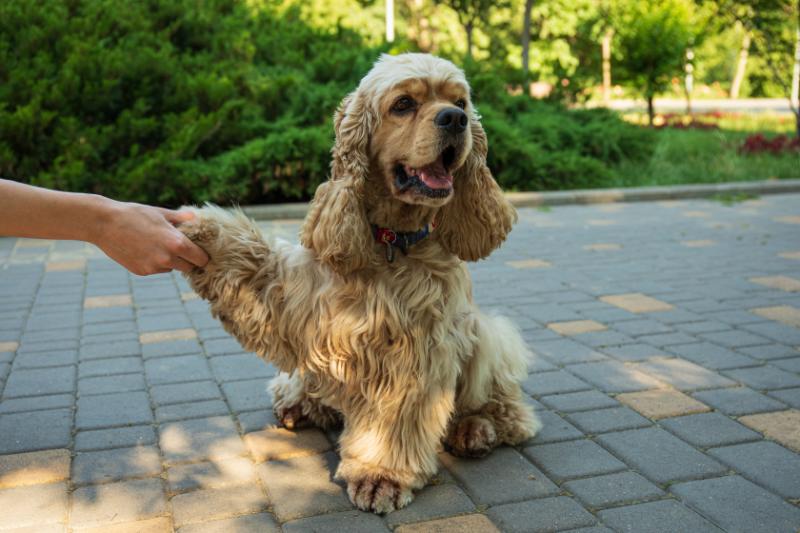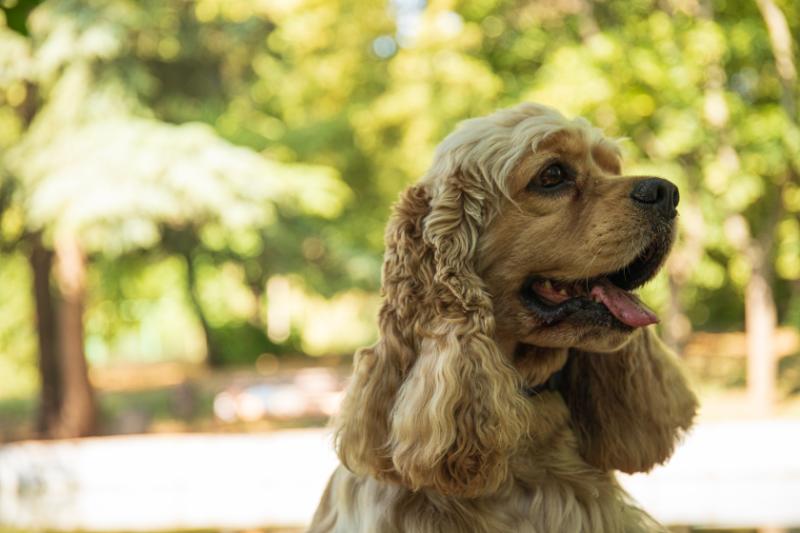Meet the French Spaniel, striking a unique balance between a dignified prissy creature, and a rough-and-ready outdoor adventure companion. It’s a breed that perfectly fits the title – versatile and charming. Neither too large or small, too masculine or feminine, this dog breed has something to offer everyone.
A French Spaniel’s Intelligence and Exuberance

The French Spaniel is no ordinary breed. Known for their distinct personality traits, they’re often seen as excited greeters and perpetual seekers of human attention. This lively breed does have an intellectual side and it’s visibly portrayed in their quick learning and adaptability.
Responding to Training
French Spaniels are sharp and receptive, making it easy to train them. However, their intelligence can sometimes make them get bored easily, akin to an intellectually gifted child in a regular school class. As such, it’s key to keep their minds engaged and their curiosity satiated.
- Positive reinforcement resonates well with French Spaniels.
- Authoritarian tactics seldom bring desired results; make gameplay and rewards a part of training.
- Persistence is key; patience is a trait every French Spaniel owner must possess.
The Energetic Nature of a French Spaniel

Ever seen a limitless ball of energy? That’s a youthful French Spaniel for you. Their rambunctious nature and constant need for attention, particularly during their puppy years, make them better suited for homes with ample space rather than apartments.
Adapting to Urban Life
A high-rise home in a bustling city might not suit the energetic nature of French Spaniels. Cramped spaces and long hours of solitude aren’t the best for them. However, a matured French Spaniel with a regular human companion could potentially adapt to city living.
The French Spaniel as a Multi-Purpose Companion

As French Spaniels respond well to the forces of maturation, they gradually start to exhibit the traits of an all-purpose dog, becoming excellent hunting companions for the adventurers and loving cuddle buddies for homebodies, given they get their daily dose of attention and affection.
An Affectionate Compatriot

A French Spaniel loves being close to their human family – curling up next to you for a lazy afternoon or running wild in the park, everything is fun, as long as they’re with their favorite humans. In conclusion, it’s safe to say that the French Spaniel is an adaptable, intelligent breed, filled with versatility, and undeniably, loads of charm.